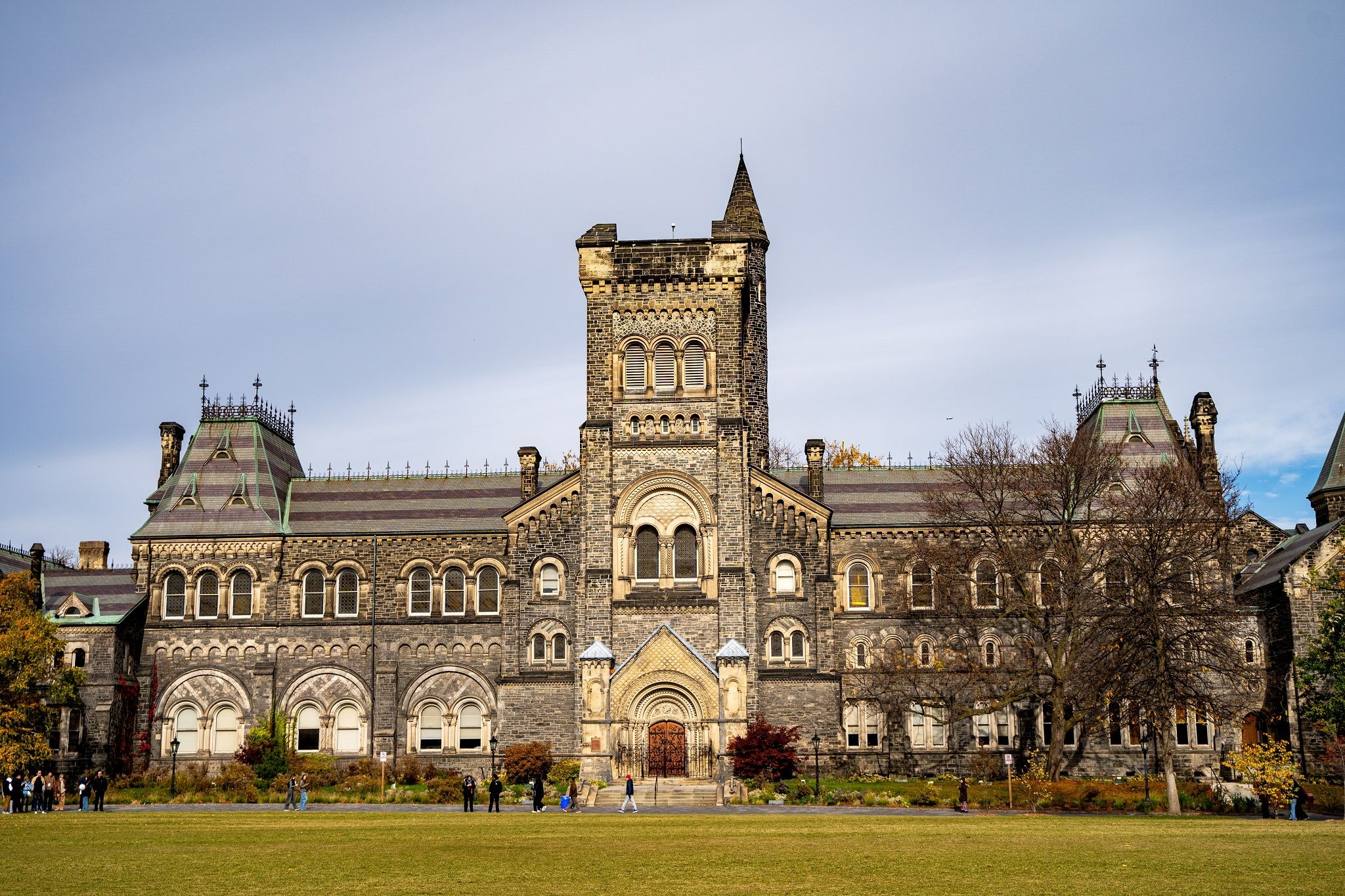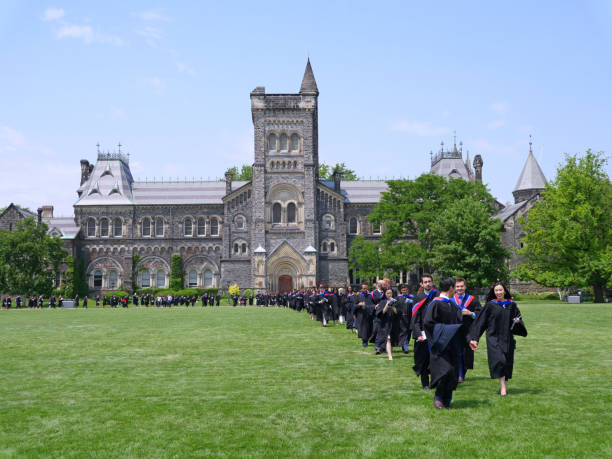
Here’s a concise and engaging content description for studying in Malaysia, suitable for websites, brochures, or promotional materials:
Malaysia is a vibrant and diverse country in Southeast Asia, known for its high-quality education system, affordable tuition fees, and rich cultural heritage. It offers a wide range of programs in fields like engineering, business, medicine, computer science, and hospitality, taught in English at many leading universities.
With a strategic location, modern infrastructure, and a welcoming multicultural environment, Malaysia is an ideal destination for international students seeking a global education experience. Students benefit from a safe, affordable lifestyle with access to world-class facilities and opportunities to explore Southeast Asia.
Affordable tuition and living costs compared to many Western countries
English-taught degree programs at reputable universities
Diverse, multicultural society with a safe environment
Strong focus on research and innovation
Opportunities for internships and part-time work
Gateway to exploring Southeast Asia
Would you like this description tailored for social media posts, email campaigns, or translated into a specific language?
Here’s a clear and engaging explanation of why study in Malaysia, perfect for promotional materials, websites, or advising students:
Malaysia is becoming one of Asia’s top destinations for international students thanks to its world-class education system, affordable costs, and vibrant multicultural environment. Whether you’re interested in technology, business, medicine, or the arts, Malaysia offers a diverse range of programs taught in English at globally recognized universities.
Tuition fees are significantly lower than in Western countries.
Living costs, including accommodation and food, are budget-friendly.
Many Malaysian universities are ranked internationally.
Partnerships with UK, Australia, and other top universities allow for dual degrees and student exchanges.
Malaysia is a melting pot of cultures—Malay, Chinese, Indian, and more.
Friendly locals and a safe, welcoming atmosphere for international students.
Most universities offer English-taught courses across disciplines.
No language barrier for international students.
Gateway to Southeast Asia with easy travel to countries like Thailand, Singapore, Indonesia, and Vietnam.
Great opportunity to explore diverse cultures and business hubs.
Students can gain practical experience through internships.
Certain student visa options allow limited part-time work.
Enjoy tropical beaches, rainforests, and exciting city life.
Rich cultural festivals and events throughout the year.
Would you like me to provide details on top universities, popular courses, or visa requirements for Malaysia?
.
Here’s a clear breakdown of the cost of living for students in Malaysia to help you plan your budget:
| Expense Category | Monthly Cost (MYR) | Approx. Monthly Cost (USD) | Notes |
|---|---|---|---|
| 🏠 Accommodation | 400 – 1,200 MYR | $90 – $270 | Shared apartments or dorms |
| 🍽 Food & Groceries | 300 – 600 MYR | $70 – $135 | Eating at local eateries saves money |
| 🚍 Transport | 100 – 200 MYR | $22 – $45 | Public transport or bike |
| 📱 Phone & Internet | 50 – 100 MYR | $11 – $22 | Mobile and internet plans |
| 📚 Study Materials | 50 – 150 MYR | $11 – $34 | Books, printing, supplies |
| 💃 Leisure & Entertainment | 100 – 300 MYR | $22 – $67 | Movies, outings, social events |
1,000 – 2,550 MYR (~$225 – $575 USD)
University dormitories: affordable and convenient
Private shared apartments: popular among students
Private studios: more expensive but offers privacy
Visa application fees
Health insurance (if not covered by university)
Travel expenses (local and international)
Would you like a detailed monthly budget template or tips on finding affordable housing in Malaysia?
.
Here’s a clear list of the essential documents required to study in Malaysia as an international student, covering both university admission and student visa requirements:
✅ Completed application form (online or paper)
✅ Academic transcripts (high school diploma or previous degree certificates)
✅ Passport copy (valid for at least 12 months)
✅ Passport-sized photos
✅ Proof of English language proficiency (e.g., IELTS, TOEFL, or equivalent)
✅ Personal statement / Motivation letter
✅ Curriculum Vitae (CV) (especially for postgraduate applicants)
✅ Letters of recommendation (usually 1–2 for master’s/PhD)
✅ Portfolio (if applying for design, arts, architecture, etc.)
✅ Offer/Acceptance letter from a Malaysian university or college
✅ Visa application form (EMGS portal)
✅ Copy of passport (all pages, with at least 12 months validity)
✅ Passport-sized photographs (white background)
✅ Academic transcripts and certificates (certified copies)
✅ Proof of English proficiency
✅ Medical examination report (done by an approved panel doctor)
✅ Yellow Fever vaccination certificate (if required based on your country)
✅ Proof of payment for visa processing
✅ EMGS health insurance coverage (compulsory for international students)
✅ Submit your passport to the university for student pass endorsement.
✅ Complete post-arrival medical screening at an approved clinic.
✅ Receive your student pass sticker in your passport.
Would you like a printable checklist or help preparing any of these documents, such as a motivation letter or CV template?
.
Here’s a helpful and clear list of FAQs for international students planning to study in Malaysia:
Yes, all international students (except citizens of Brunei and Singapore for short programs) need a Student Pass (student visa) issued through EMGS (Education Malaysia Global Services).
Main intake: September
Secondary intake: January / February
Some universities also offer May / June intakes for selected programs.
Most universities offer programs in English, especially at the higher education level.
Tuition fees:
Undergraduate: MYR 10,000–30,000/year
Postgraduate: MYR 15,000–40,000/year
Living expenses: MYR 12,000–25,000/year
Yes, with restrictions:
Up to 20 hours/week during semester breaks or holidays
Only in approved sectors like restaurants, retail, hotels
Yes. Degrees from accredited Malaysian universities are recognized globally, especially those with twinning or dual-degree programs with UK, Australia, and the US.
Yes. You must have EMGS-approved health insurance as part of your visa requirements.
Twinning allows you to study part of your degree in Malaysia and complete the rest abroad (e.g., UK, Australia). It reduces cost and offers international exposure.
Typically 4–8 weeks after submission of all required documents via the EMGS portal.
Yes, but you must apply for a work visa or other permits. Post-study work opportunities depend on employer sponsorship and government regulations.
Would you like this formatted as a PDF guide, social media carousel, or tailored to a specific country or program?


